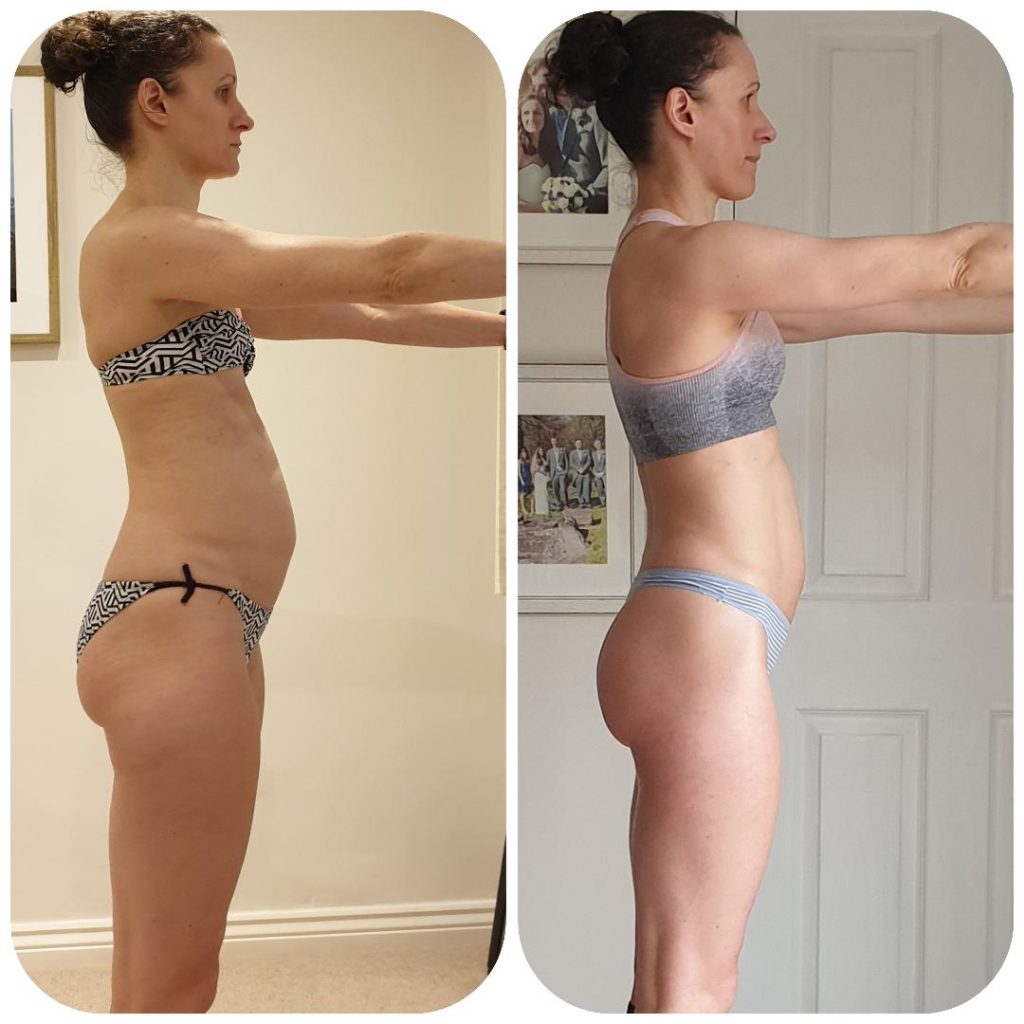Of course, the short answer to everyone should exercise with the same frequency is – no, absolutely not! Could you imaging someone who hasn’t ever done a workout to suddenly do a 45minute, high intensity workout, 5 times a week. This would probably kill them, or if not, at least injure them. Plus make them never to want to workout again! However, it would also be the same the other way around. Someone who is used to running marathons, or working out every day wouldn’t benefit much from doing one 15 minute workout per week. It completely depends on the person and their situation.
So, the answer to – everyone should exercise with the same frequency, is very much false. Read on to find out more and how you can lead a healthy lifestyle.
How Many Days A Week Should You Workout?
Again, this is very much dependant on…
- Your current level of fitness
- If you have any injuries
- If you’re new to exercise in general
- Is it a new type of exercise to you?
For example, if you’re fit and healthy and currently do a lot of walking, but no other exercise, and you plan to start lifting weights. Your best option would be to start doing maybe 2 – 3 sessions per week (up to 45 minutes per session) and see how your body responds to this new exercise routine. Once you’ve been doing it for a month or so, then you could consider increasing the frequency by an extra day, or up to an hour per session.
The best way to know what works for you is to start slowly and see how your body reacts. The worst thing you want to do is to go in all guns blazing and end up injuring yourself so you can’t workout at all for a few weeks/months. That’s only going to deter you from trying again and will put you back even further. More isn’t always better!
Don’t Forget To Warm Up & Cool Down
Many people forget the most important part of a workout – the warm up & cool down. You should ideally be spending up to 10 minutes before and after each session stretching. Before a workout, stretching will help your muscle prepare for the workout ahead. It gets the blood pumping through the muscles, warming them up and making them more flexible. Warm muscles are much less likely to pull, or strain than cold, un-prepared muscles are.
An example of a good warm up could be – 5 minutes gentle exercise on a bike, or treadmill. The aim of this is to get your heart pumping faster. Then, you could more on to do a few stretches with your main workout in mind. If you plan to do a leg workout, do some body weight squats, lunges followed by some quad and glute stretches.
A cool down however should be more relaxed as you are gently trying to slow down your heart rate, and relax your muscles. Spending a few minutes using a foam roller, especially on your calves, quads and hamstrings will help.
How To Progress While Working Out?
To progress in any form of exercise, you should be working on progressive overload. For example, if you can currently squat 10kg, for x8 repetitions, the next time you do it, either aim for slightly more weight, or an extra rep. Of course it’s unlikely that every week you will see progression. You may even find some weeks you get worse. However, this is totally normal, we can’t expect to improve week on week as this just isn’t reality. Looking at it longterm, you should be able to see your strength getting better with time and consistency.
Even if you’re working out with no equipment, you can still make progress by going for longer or harder each time. The results you get out of it is the same as what you put in to your workout.
Consistency is the next point to focus on. Whether you decide to workout 3 times a week, or 6 times a week, stay consistent with your training. If you keep missing weeks, or training sessions, your progression will slow down dramatically. Whether it’s a plan you have come up with yourself, or if it’s a plan your fitness coach has created for you, trust the process and stick to it as best you can. This is the same with any exercise – football, swimming, running, cycling…etc.
Why Am I Not Seeing Progress?
There are a few reasons why you might not be seeing results, even if you’re exercising hard and consistently. If you truly are exercising hard, eating healthy (in a deficit if you want to lose weight) and staying consistent, it might be that you’re over exercising.
Many people think that by exercising as hard as you can as often as you can will get the best results – this is NOT true! One of the biggest downfalls can be over exercising when it comes to progress. If you feel shattered most of the time, lacking energy and your workouts are getting worse, try dropping one session per week and see if that helps. Your body and muscles need time to relax and heal after training.
For example, i’ve been training for over 10 years and even now i find doing 4 workouts a week is enough for me. By sticking to 4 workout sessions, i can give each session my full focus and intensity. Going much harder in each workout, lifting heavier and seeing results. To prove this theory works, i changed my routine and did 6 sessions a week for 3 months. I then changed it back to 4 sessions per week and 6 weeks later this was the result…

The first image was just after i had finished over exercising and as you can see, i was looking worse than ever. I had started to hold on to fat, and was gaining weight rapidly. In the second photo i was doing fewer workouts but i had more energy so could give each workout everything i could. I instantly lost weight, my skin was smoother, i look more toned and i even started growing a lot more muscle rapidly. This was just 6 weeks difference from the left to the right photo.
Do I Need A Fitness Coach?
Everyone can benefit from having a coach – i’m a fitness coach and even i have a coach. Whether you’ve been working out for 10 years or 10 minutes, there’s always something new to learn from someone else.
What you can expect from a fitness coach…
- Accountability
- Structure
- Support
- Tailored plans
- Form feedback
- Weekly check-ins
- No crazy diets or un-achievable goals
If you’re willing to put in the hard work, a coach will help you reach your goals. At our 1-1 online fitness coaching we aim to give you all the tools you need, with no crazy diets, to smash your goals and be able to go it alone should you want to afterwards.
Is It OK To Exercise When Ill?
This is very dependent on a few things…
- How ill are you?
- Will you be working out with other people?
- How do you feel – do you have energy?
If you plan to workout in close proximity to other people then no, especially if it’s something you can spread. If you have a cold, or feel a bit bunged up, perhaps you could instead either do a workout at home, away from other people. The last thing you should do is be in a position where you could spread it to others.
It then depends on how ill you are. If it’s just a cold, then depending on how you feel – energy wise, exercising might help get things moving. However, try and stick to something a little bit more relaxed, don’t go all out as you might normally do. Save yourself some energy for your body to start to heal itself.
The best thing you can do is to listen to your body and what’s it’s telling you. If you don’t have the energy, or your nose is like a constant dripping tap, then it’s probably best you don’t exercise. Instead, if you feel up to it you could go out for a walk in the sunshine.




